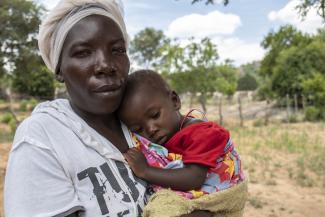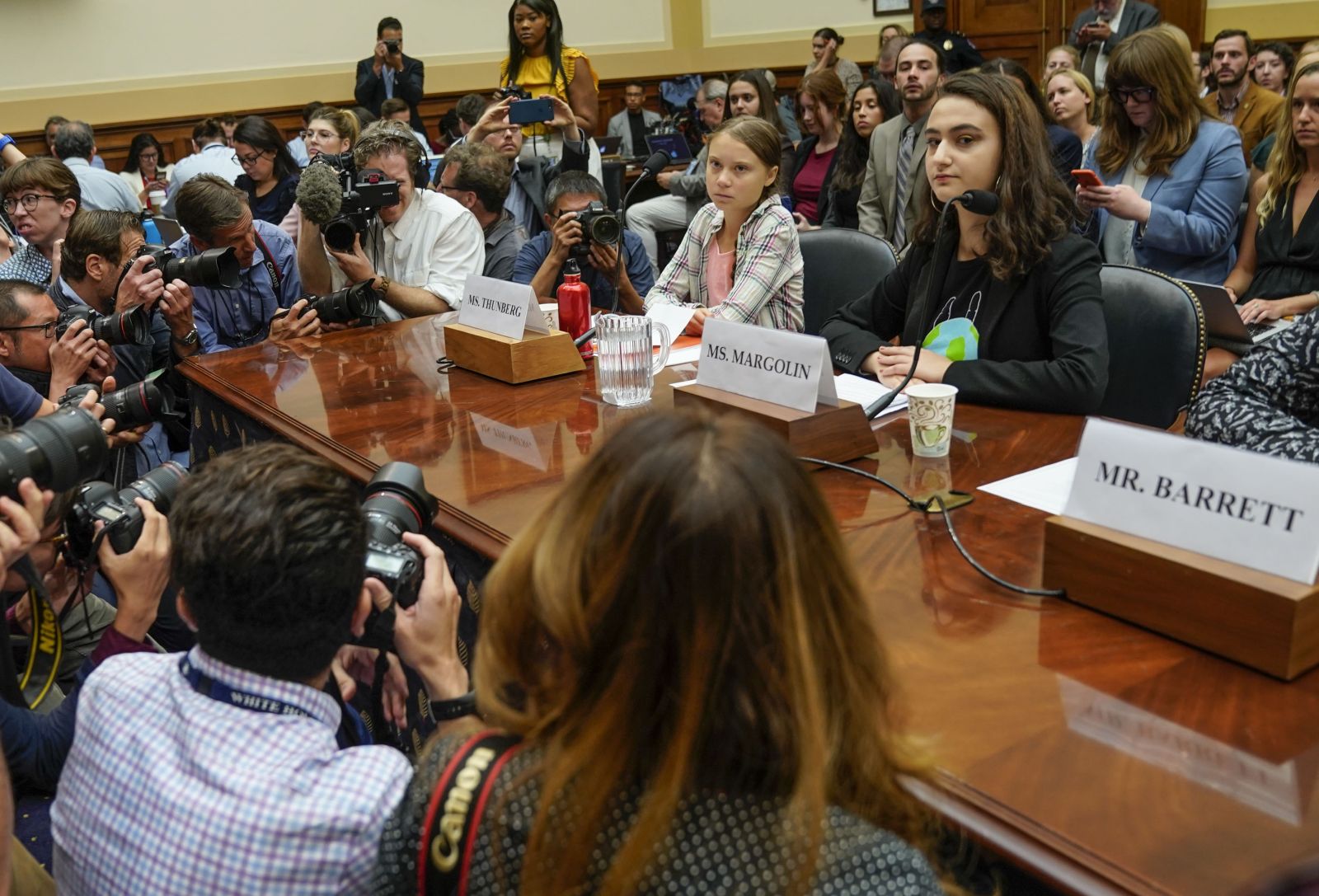Lawsuits
Climate protection is a children’s right

In September 2020, six Portuguese children and young adults between the ages of 8 and 21 decided to submit a spectacular complaint to the European Court of Human Rights in Strasbourg. They accused 27 EU nations and six other countries of seriously flawed climate policies. This media-savvy initiative attracted much international attention.
Portugal has been experiencing extreme heatwaves and devastating wildfires in various regions in recent years. The young plaintiffs accused governments of not having taken appropriate measures to fight global warming despite having pledged to do so in the Paris Climate Agreement of 2015. Cláudia Duarte Agostinho, her two siblings and three other co-plaintiffs saw a threat not only to ancient pine forests, but also to their right to life and the respect for private and family life that are guaranteed by Articles 2 and 8 of the European Human Rights Convention.
Not a merely symbolic act
Many may regard this submission primarily as a symbolic act on the big media stage. A couple of young people, some still underage, taking on 33 governments – it seemed like a hopeless undertaking. But such actions do have a media impact and they increasingly influence attitudes in society and politics.
Moreover, the initiative, which is supported by a group of not-for-profit lawyers, has actually yielded some initial results. In mid-November, the Court in Strasbourg requested the defendant governments to respond, which is the typical procedure for every complaint filed. Moreover, the Court rejected a petition from the governments’ legal representatives to deny the proceedings the status of a priority case, so the accused could not buy themselves additional time. Instead, they were given until May to officially respond to the accusations. These steps show that the complaint is being taken very seriously in Strasbourg.
Cláudia and her friends are not only receiving support from their experienced legal team. Civil-society organisations like the Climate Action Network Europe and Save the Children, the international NGO I work for, have joined the proceedings as so-called “third parties”. In this capacity, we provided expertise on the topic, illuminating the background of the complaint. For us, this was a welcome opportunity. It is easy to establish the causal links between the global climate crisis and the forest fires in the Leiria region, which claimed 110 lives and caused hundreds of injuries, in the summer and fall of 2017. Furthermore, we spelled out what drastic impacts the global heating is having on children’s rights.
Children affected worldwide
During missions around the world, Save the Children employees frequently face the impacts of climate change. Droughts, extreme rainfall and heatwaves are occurring ever more often in some of the world’s most disparate regions. The immediate consequences include crop failure, worsening poverty, hunger, homelessness and spontaneous migration. These phenomena, in turn, lead to shortages of food and safe drinking water. They also compound difficulties in accessing health care and education, with children suffering worst. Most affected are the 45 countries that are most vulnerable to climate disasters. They are home to some 710 million children.
The climate crisis is thus a children’s rights crisis. It encroaches upon many of the basic rights that are protected in the UN Convention on the Rights of the Child, from the right to life and development (art. 6) to the right to the “highest attainable standard of health” (art. 24), to education (art. 29.1), well-being (art. 27) and appropriate living conditions (art. 27). For that reason alone, law courts and public policy must prioritise the interests of children and adolescents. Save the Children calls on governments to actively involve the young generation in decision making and to take their proposals seriously.
When the most powerful governments in the world confer in Glasgow in November at the UN Climate Change Conference (Cop26), the young generation must certainly be heard. In our view, they are less compromising because their vision is clearer in this crisis. Their perspective cannot be shorter than their life expectancy. Their young age is therefore not a handicap, but actually reenforces their arguments.
Germany’s Federal Constitutional Court, by the way, has taken a similar long-term approach. In a judgment in spring, it ordered the Federal Government to pass more stringent climate legislation in order to ensure that the freedom of future generations will not become “comprehensively restricted” by climate change.
Martina Dase is the climate spokesperson of Save the Children Deutschland.
presse@savethechildren.de








